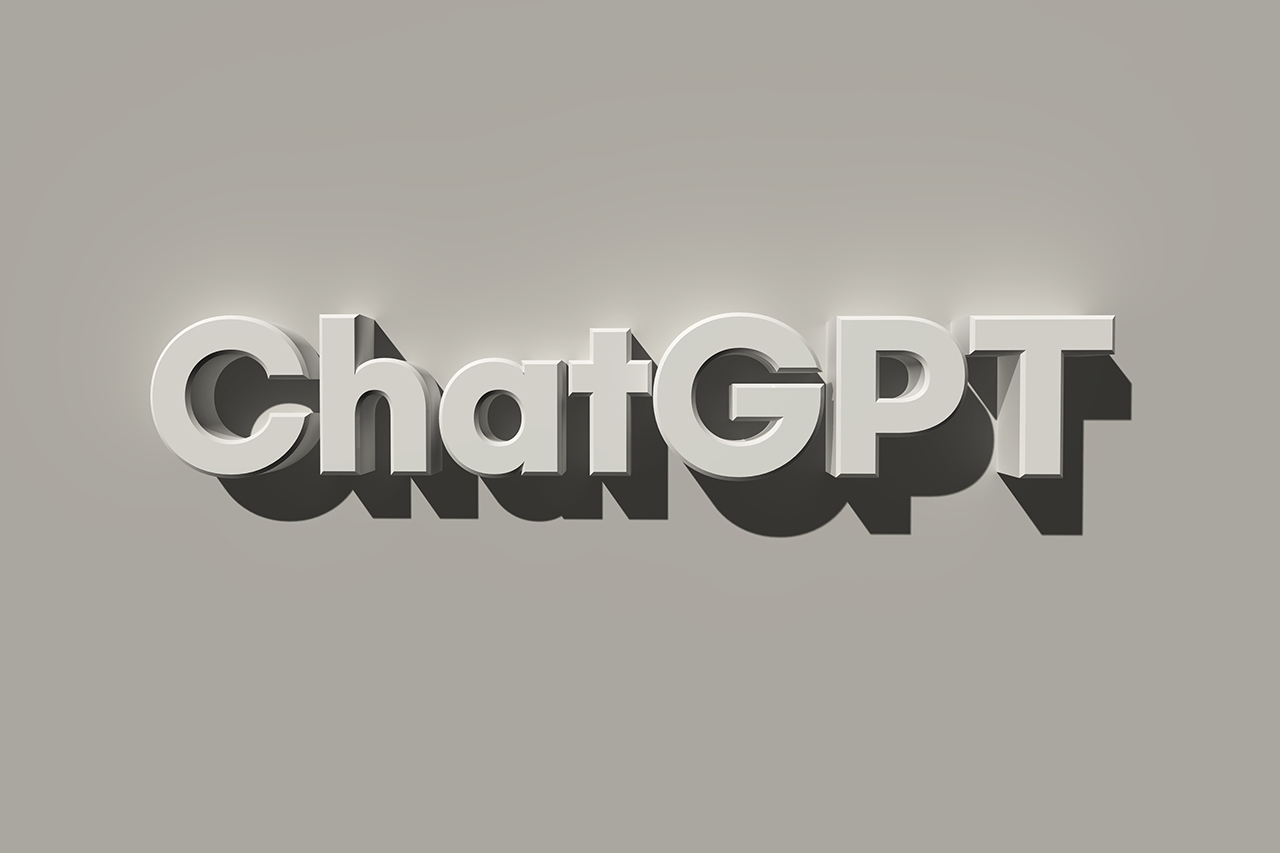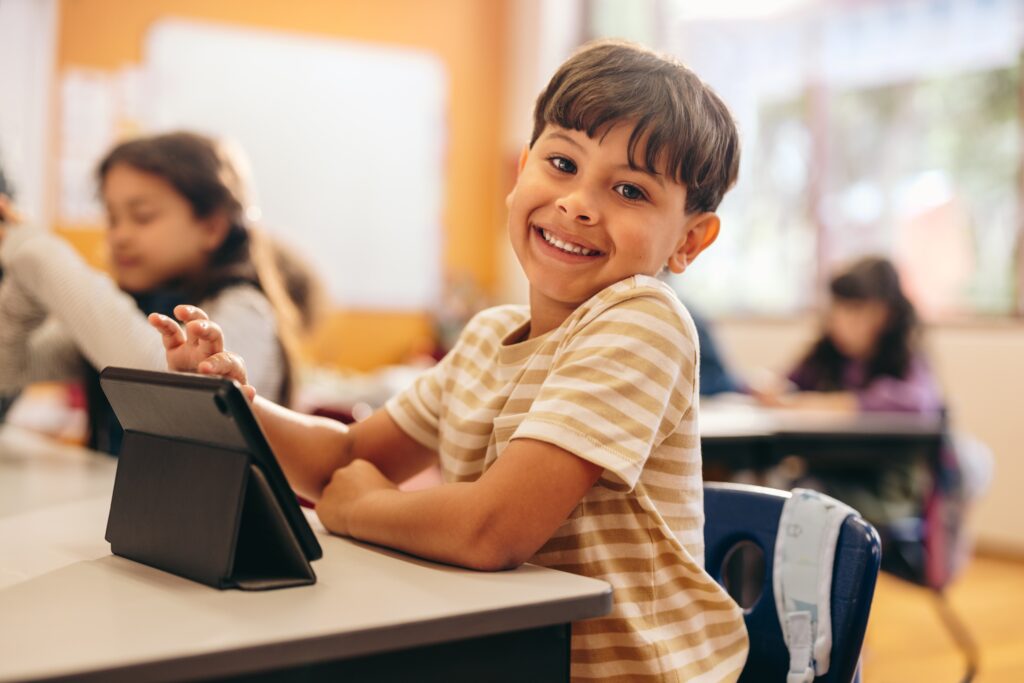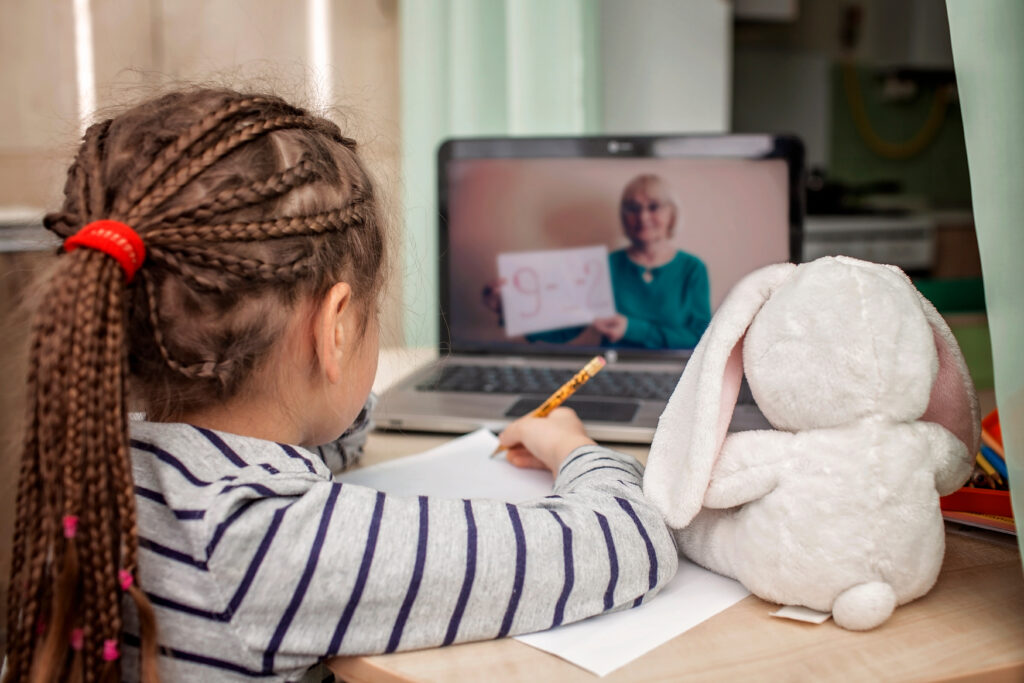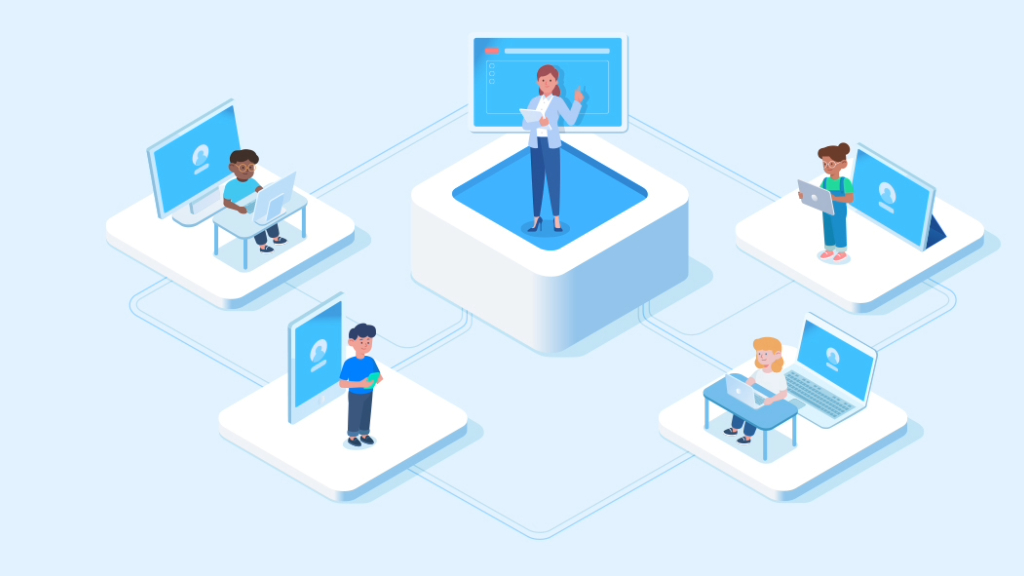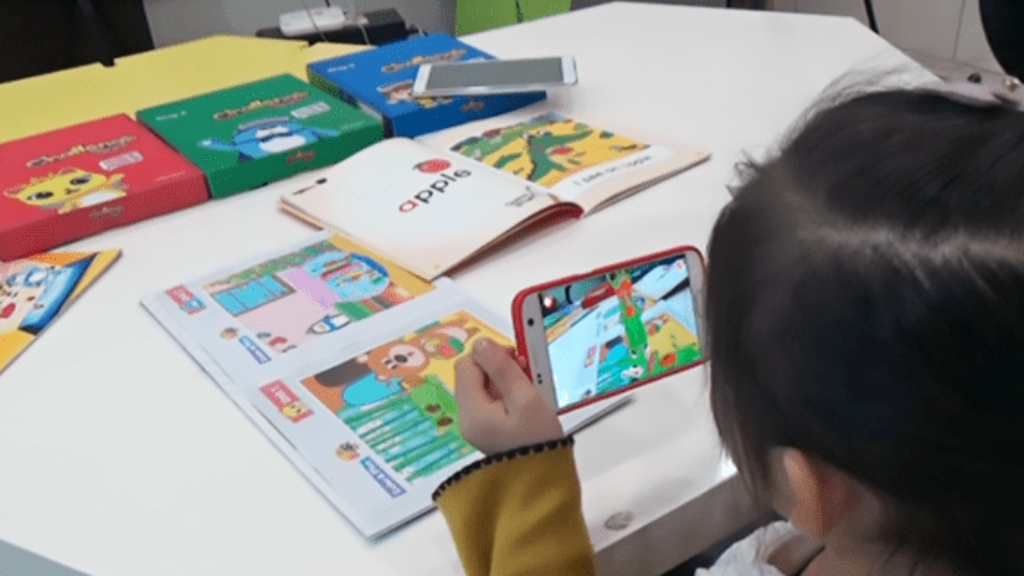E-learning has allowed students around the world to access education with ease and in a convenient way. Technological advances have built an innovative solution that broadens the learning experience along with traditional educational methods. Besides, the etymology of EdTech is a compound of ‘Education’ and ‘Technology’. However, EdTech now faces a great challenge with the advent of OpenAI. ChatGPT, one of the artificial intelligence models commonly referred to as AI, can respond as if it were embodied in a human when you enter a text information. ChatGPT can help students learn more effectively by answering questions and providing feedback.
Some schools and experts speculate that ChatGPT will have a negative impact on education across the board. There is a strong business case for blocking access to use. However, it is worth paying attention to students’ use of ChatGPT for educational purposes.
Benefits of Applying ChatGPT to EdTech
Generative AI is beneficial to both students and educators. For instance, ChatGPT can support students individually by facilitating their understanding. Students can get immediate feedback, which is a great advantage in that educators resources are not infinite and enables efficient learning to fit each student’s level of achievement.
One of ChatGPT’s greatest strengths is its ability to adapt to each student’s needs, providing a personalized learning environment by responding accordingly. This can be useful for students with different learning styles or who need extra support in a specific area. For example, ChatGPT gives praise to students who are sensitive to compliments; on the other hand, it suggests various examples for better understanding for those who have a low capability of understanding.
In particular, ChatGPT unburdens the workload of teachers by responding to repetitive questions and providing individualized feedback. Hereby, it allows educators to focus more on interacting with students while they are diverging from repetitive work.
Points to note when applying ChatGPT to education
ChatGPT responded based on the data it was trained on. It gives plausible answers; however, it does not always provide accurate information. In other words, educators have to go through a rigorous verification process before sharing ChatGPT answers with students. It is essential to let students know the importance of the verification process during ChatGPT usage because potential bias or misinformation may be input.
Accordingly, experts believe generative AI should be utilized with a pedagogical approach rather than by itself. In order to use ChatGPT in education, individual training for proper maneuver is required to provide accurate and appropriate feedback. Educators continuously monitor and analyze the results while students learn from interacting with ChatGPT.
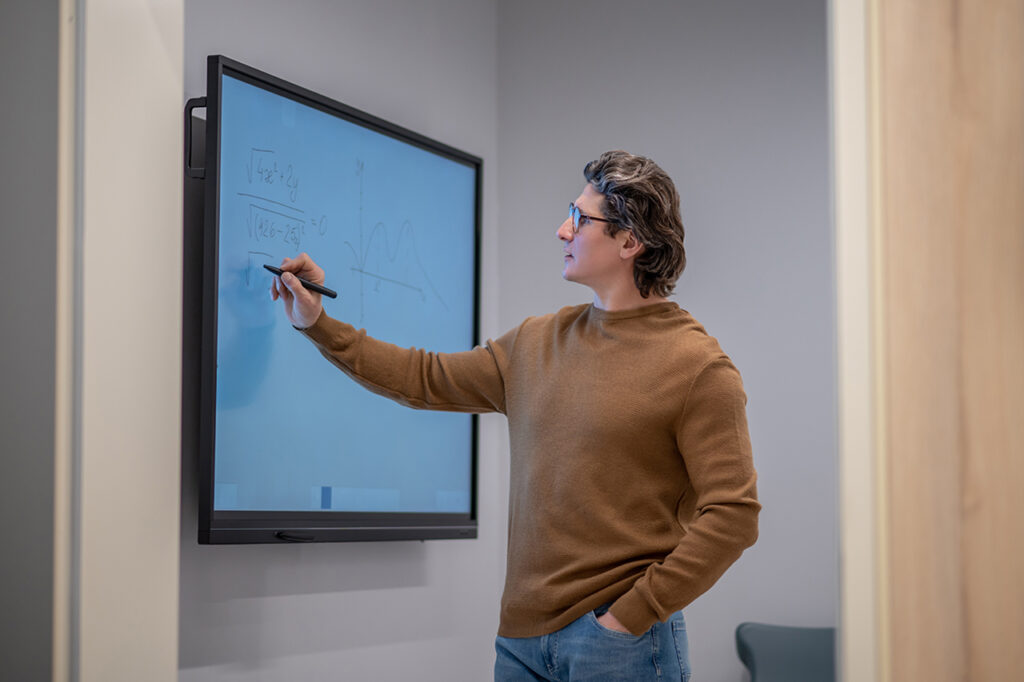
Things to obtain through the convergence of EdTech and ChatGPT in the future
ChatGPT provides an interactive learning experience with personalized support and instant feedback, which teachers can use as a way to adapt to their students’ needs and increase engagement. However, it is critical to use ChatGPT in conjunction with educators to provide students with the best learning experience possible. Furthermore, educators emphasize that there should be opportunities for student-to-student and educator-to-educator interaction for a variety of learning experiences for students.
It is crucial to organize classes by combining ChatGPT with human interaction to create rich and qualitative contents. The EdTech solution is to provide both students and teachers with qualitative content and to use it in a way that incorporates some feedback through generative AI into the class. For instance, pedagogy experts explain that reviewing and critiquing information from ChatGPT can help students develop critical thinking skills. However, it is essential to apply an educational method so that this does not lead to an unconditional dependency on technology, and it should focus on achieving learning goals, not evaluating outcomes.
How to use generative AI in your educational process is a strategically important objective. Students can require ChatGPT to write about any topic; however, they should take responsibility for any inaccuracies at the same time. Students develop critical thinking skills and acquire advanced technologies in the process of validating the answer from ChatGPT.
However, schools are blocking access to generative AI for fear of plagiarism and cheating by students; those problems have not only emerged with the advent of ChatGPT. Moreover, they argue that generative AI is preventing students from thinking. Contrary to concerns, experts assert that ChatGPT will not hinder the students ability to problem-solve.
Then where can our children learn about the process of problem-solving? Edtech solutions help with that. EdTech solutions enable students to learn how to solve problems in a practical and creative way at their own pace in a variety of formats. Traditional classes assess how well the students remember what they have learned; however, classes with EdTech measure how well students use it. Do you remember the ultimate goal of using ChatGPT? Experts recommend using ChatGPT to focus on achieving learning goals, stating that ChatGPT utilization in education enhances critical thinking skills unconventionally. Meanwhile, EdTech can be used to acquire basic thinking skills that cannot be obtained from AI.

One expert predicts that the technical communication capabilities of tools like ChatGPT will continue to advance over the next few years, and we need to find ways to make good use of them rather than banning them. AI technologies, including ChatGPT, will be part of students lives in the near future. We should have a good understanding of the mechanisms of AI as well as the types of biases, misuses, and use cases of AI to coexist with them. It is important to provide opportunities for our students to get closer to technology in this rapidly changing world.
The reason why ChatGPT cannot be utilized in the education field is due to the fact that classes and evaluations are separated. Because it cannot evaluate how well the students remember what they learned. Instead, ChatGPT opens up new potential for educators and students. Kids are able to finish their homework faster with AI, but over time, they can develop the ability to comprehend all information coherently, separating fact from opinion. While ChatGPT fosters critical thinking, EdTech nurtures their ability to speak, draw, and create ideas.
AllviA is an EdTech solution that helps you fulfill your learning goals in your learning journey. We collect and analyze the data according to the student’s individual needs. Interactive education is available, which cannot be seen in a traditional classroom, as instruction and assessment are conducted at the same time. AllviA’s solutions do not focus only on closed textbooks. The educator can check the individual learning process in real time based on the database accumulated, which can adjust the future class process.

